Your cat’s paws are an important tool for navigating the world. Each paw pad has a cluster of nerve receptors that relay information about their surroundings, which can be compromised if they become dry and cracked. The discomfort may also prevent your cat from walking, running, and jumping.
Fortunately, there are some steps you can take at home to keep your cat’s paws healthy, moisturized, and feeling good. After cleaning your cat’s paws, try one of these cat-safe moisturizing methods.

The 6 Tips for Moisturizing Cat Paws
1. Petroleum Jelly
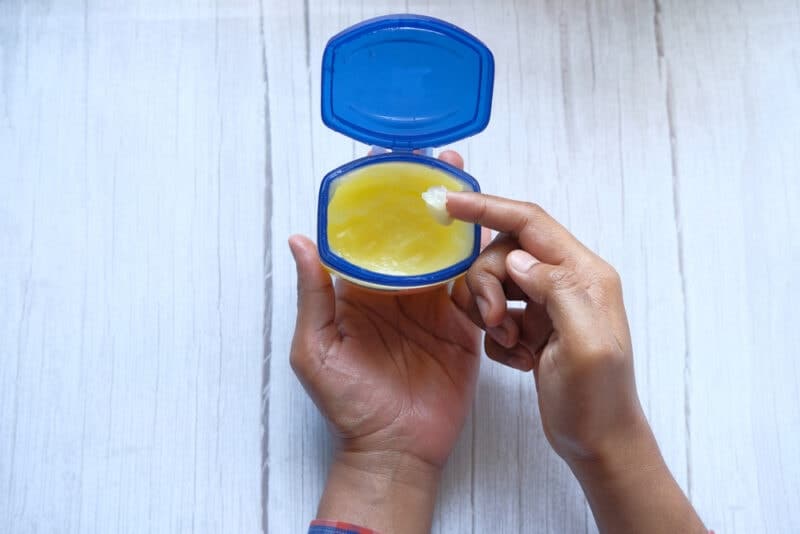
Commonly known by the brand Vaseline, petroleum jelly is a mixture of mineral oils and waxes that can be used for minor cuts, scrapes, and scratches, as well as to keep skin moist. It’s safe for use on cat paw pads, which you can do two or three times a week to moisturize.
It’s important to apply a light layer. Your cat will still lick their paws, and excessive petroleum jelly can cause stomach upset. Avoid adding anything to the petroleum jelly, such as essential oils, which can be toxic.
2. Olive Oil

Olive oil is a home moisturizer that can be safe and effective for your cat’s paws. It’s rich in oleic acid, linolenic acid, linoleic acid, omega fatty acids, and vitamins A, D, E, and K for moisturizing your cat’s paws. Used regularly, olive oil can heal cracked or dry paws, especially in extreme weather conditions, like a hot summer or extremely cold winter with de-icing on surfaces.
Massage warm (not hot!) olive oil into the paw pads as needed to restore moisture. If your cat was outside or walking on dirty surfaces, such as the litter box or a garage floor, clean their paws before applying the oil.
3. Coconut Oil

Like olive oil, coconut oil is a good moisturizer for cracked paws and has a boost of natural antibacterial properties. Cracked and dry paws can get infected, but coconut oil can create a barrier and reduce the risk of infection.
Better yet, coconut oil is completely safe when ingested by cats. It absorbs into the skin quickly, but you should avoid adding too much. If your cat licks excessively, the coconut oil can lead to stomach upset, diarrhea, or vomiting.
4. Fish Oil
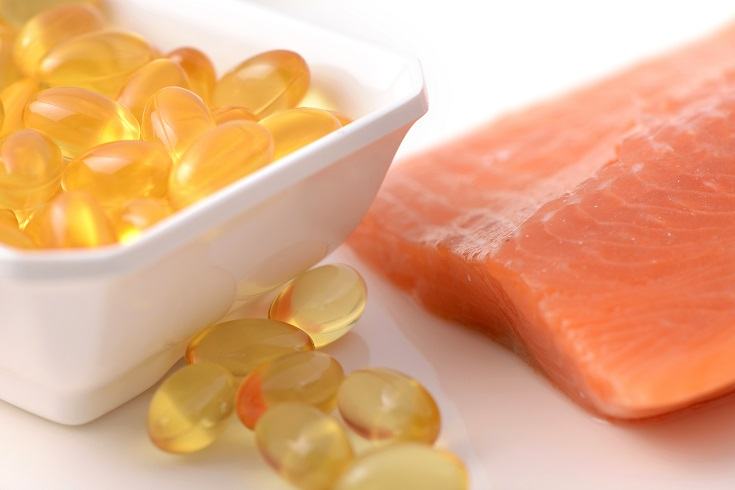
Fish oil is another option for moisturizing your cat’s paws after cleaning. And if your cat licks it off, it has diet benefits with the omega fatty acid content. Cats can’t produce omega-3 fatty acids on their own, so they must get it through their diet.
Like the other remedies, use as needed to keep your cat’s paws hydrated. Rub a thin layer into your cat’s paws a few times a week after cleaning their pads.
5. Zinc
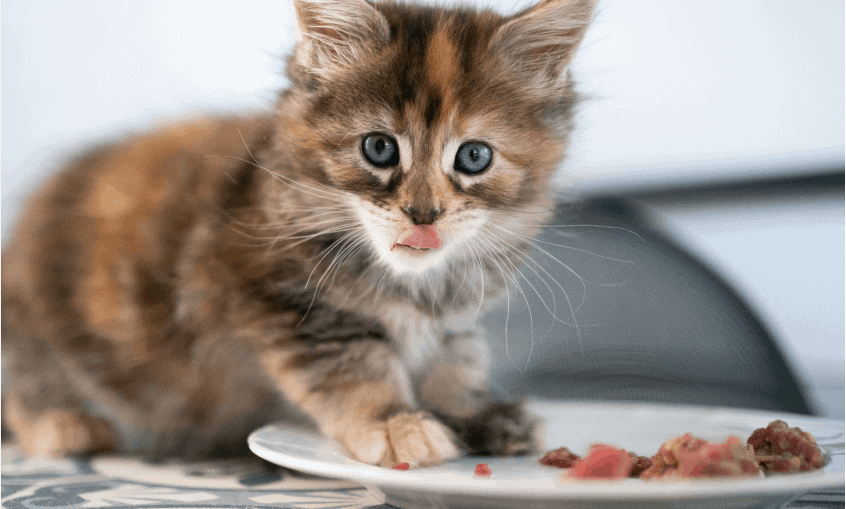
Zinc is not a topical remedy, but when added to your cat’s diet, it can prevent dryness and cracking. According to the Journal of Nutrition, cats with a dietary zinc deficiency have poorer coats, slow hair growth, and scaly skin.
If you want to add zinc to your cat’s diet, speak with your vet about the appropriate dosage and to ensure it’s safe for your cat. It may take a few weeks before you see improvement, so continue with topical remedies in the meantime.
6. Stay Indoors
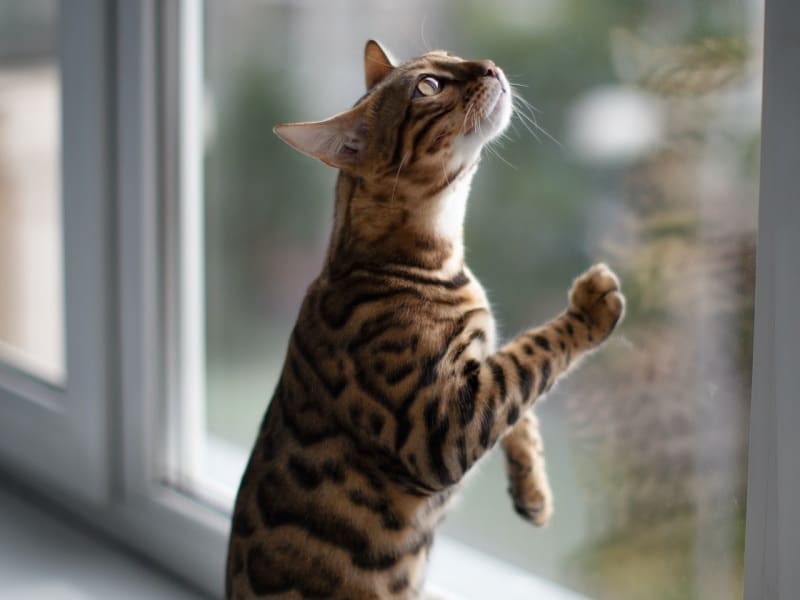
Though cats can develop dry, cracked paw pads from litter boxes and basement or garage floors, they are at an increased risk for paw issues if they are allowed outside. Cats may encounter toxic or irritating substances outside, such as deicers or pesticides, that can harm the paw pads. The best solution is to keep your cat indoors only.
Why Is It Important to Care for Cat Paws?
Your cat’s paws are like our feet but with some extra utility. We use our feet to walk, run, and jump, but cats do all that and more. They use their paws to understand their surroundings, often walking across different surfaces. Over time, contact with a dirty litter box, rocky ground, wet or muddy lawns, hot or cold surfaces, or sharp objects like thorns can harm their paws.
Your cat does a good job of keeping itself clean with grooming and licking, but that presents a risk with their paw pads. Anything they have come in contact with through their pads, such as road salt or deicers, pesticides, or other toxic substances, can now be ingested.
Regular paw care not only keeps your cat’s paws healthy and comfortable, but it can minimize your cat ingesting anything harmful during routine self-grooming. You also have an opportunity to inspect your cat’s paws for injuries, sores, cuts, or abrasions before they become serious.

Conclusion
Cats are pretty good at caring for themselves, but sometimes they need some help. If your cat is having issues with dry or cracked paw pads, you can moisturize them with any of the remedies on this list. Keep your cat indoors and ensure you are feeding a healthy diet to prevent issues from developing.
Featured Image Credit: JoyNik, Shutterstock
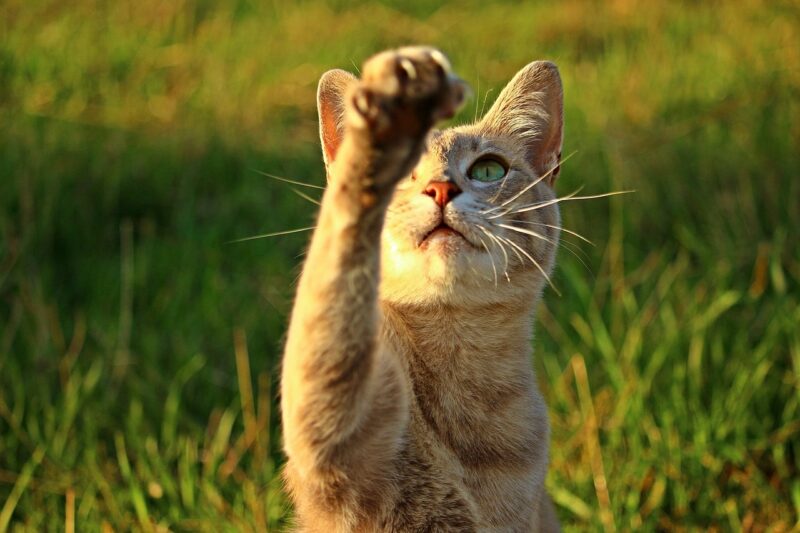


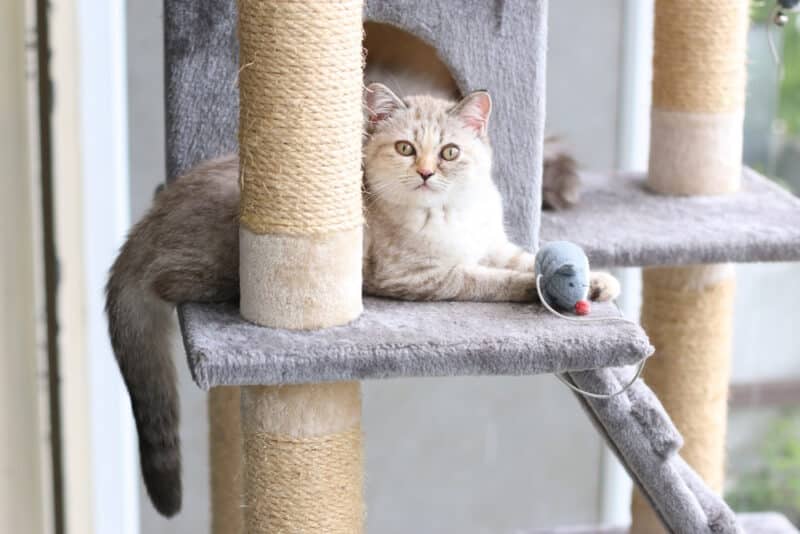

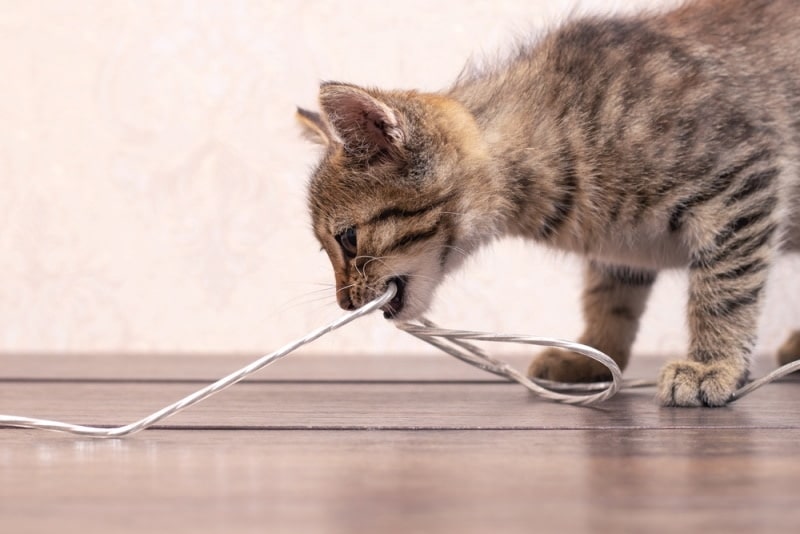
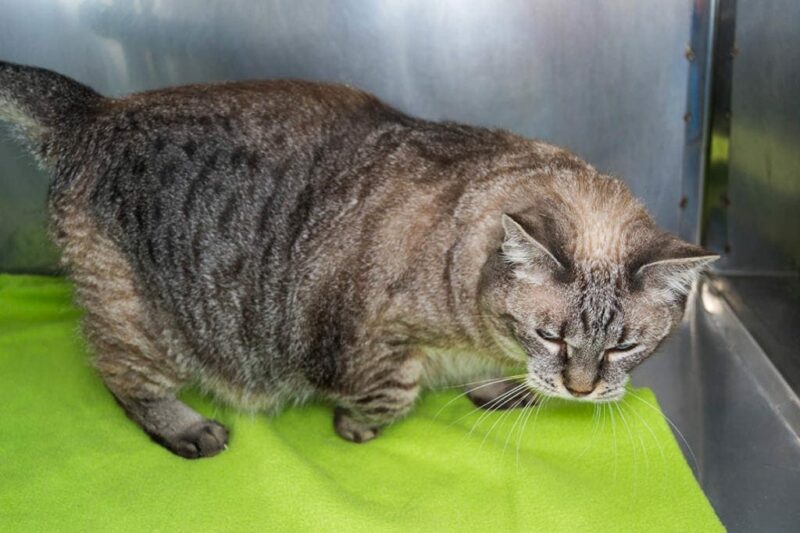
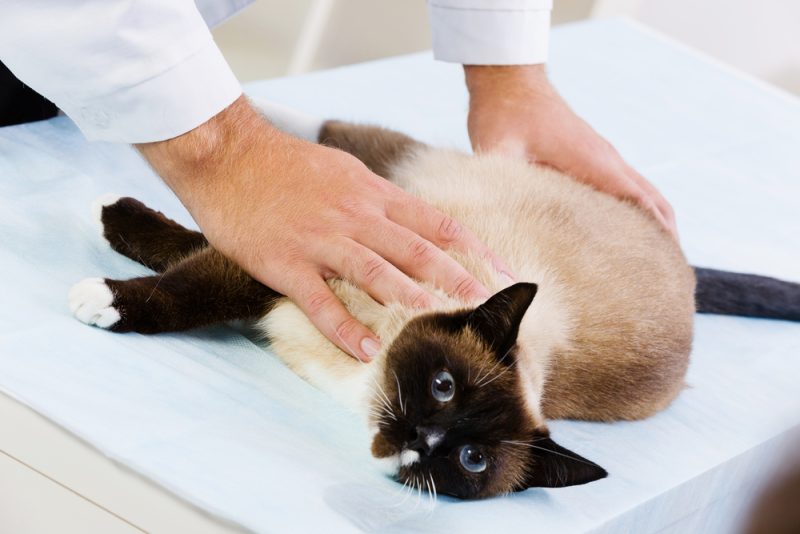


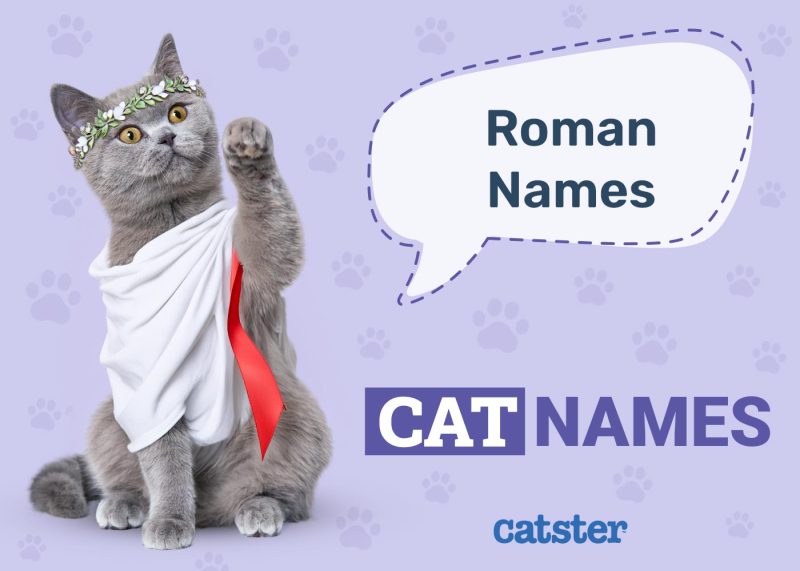
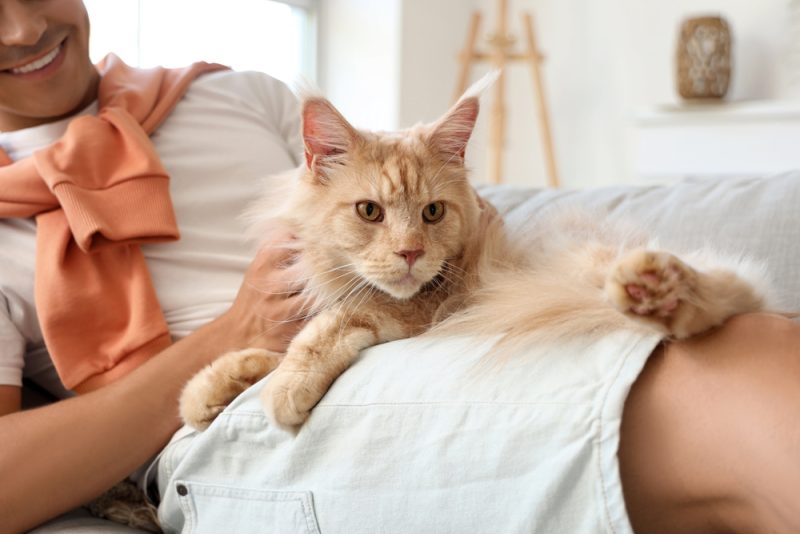

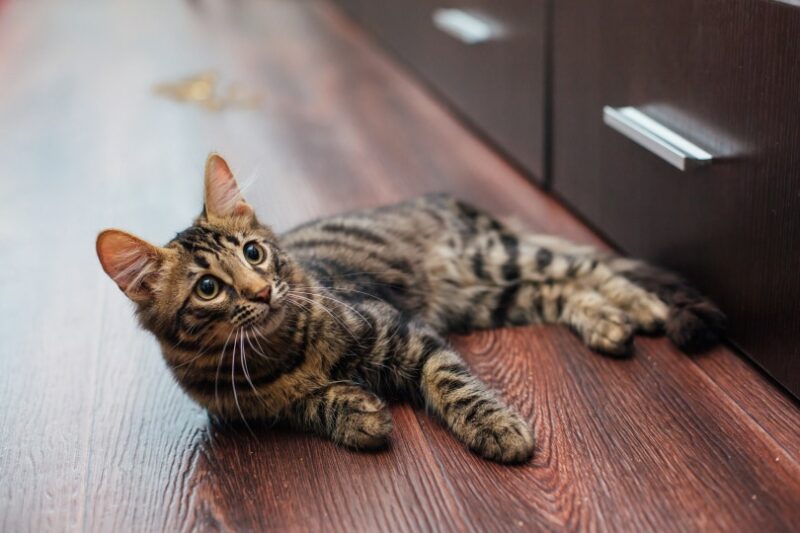
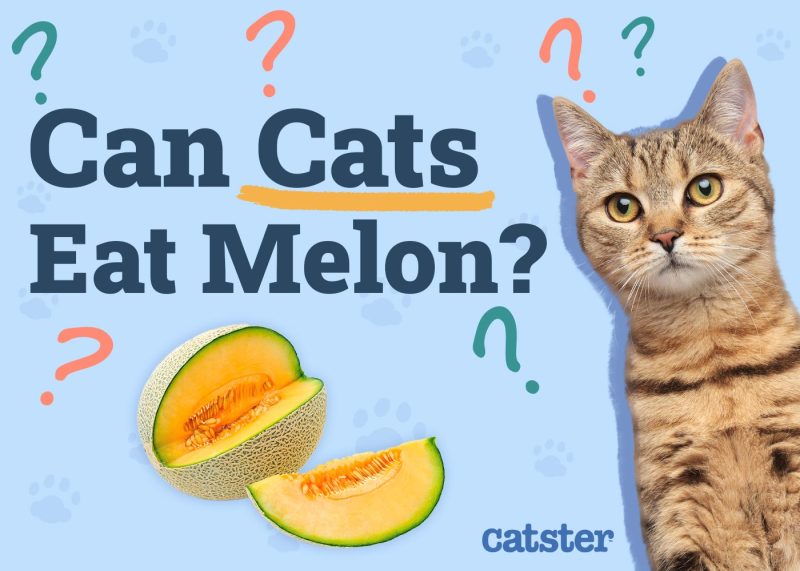
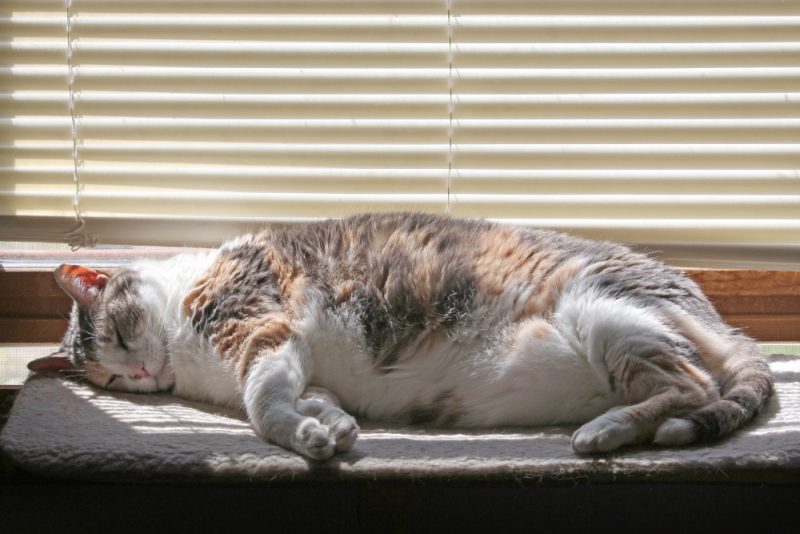
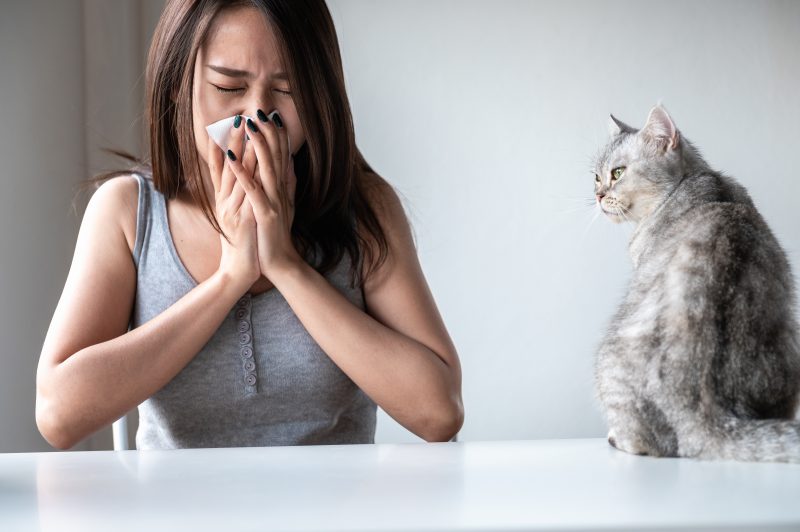
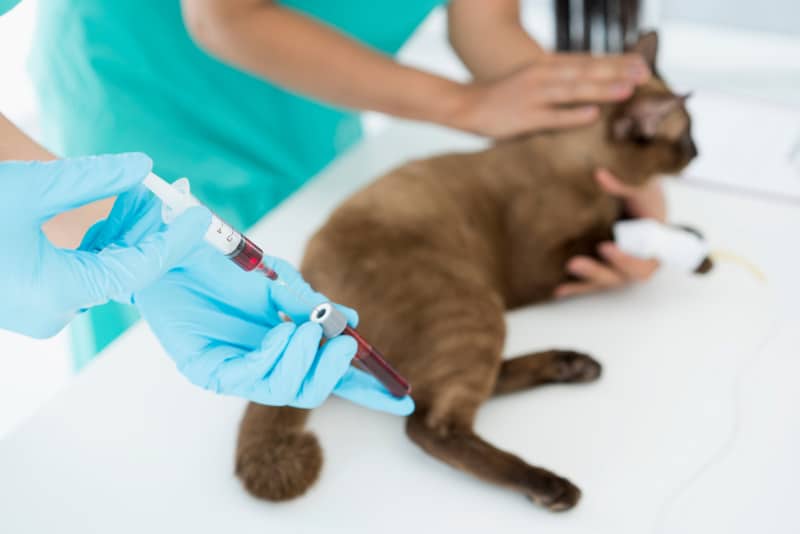
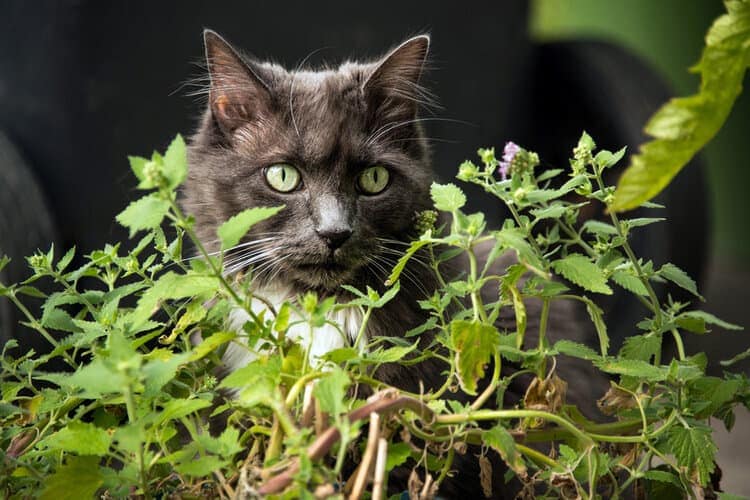



2 Responses
Would Silica type cat litter be a cause of dry and cracked paw pads. We’ve used this litter for over a year. He is strictly indoors and about to be 2 years old.
While silica litter is known to be very absorbent, it is not commonly cited as a direct cause of cracked pads. However, persistent dry and cracked paw pads are not normal and should not be ignored. The cause could be anything from a nutritional deficiency to a systemic skin disorder or an underlying condition like an autoimmune disease. If you wish to discuss this with one of our vets, you can find them at www.pangovet.com